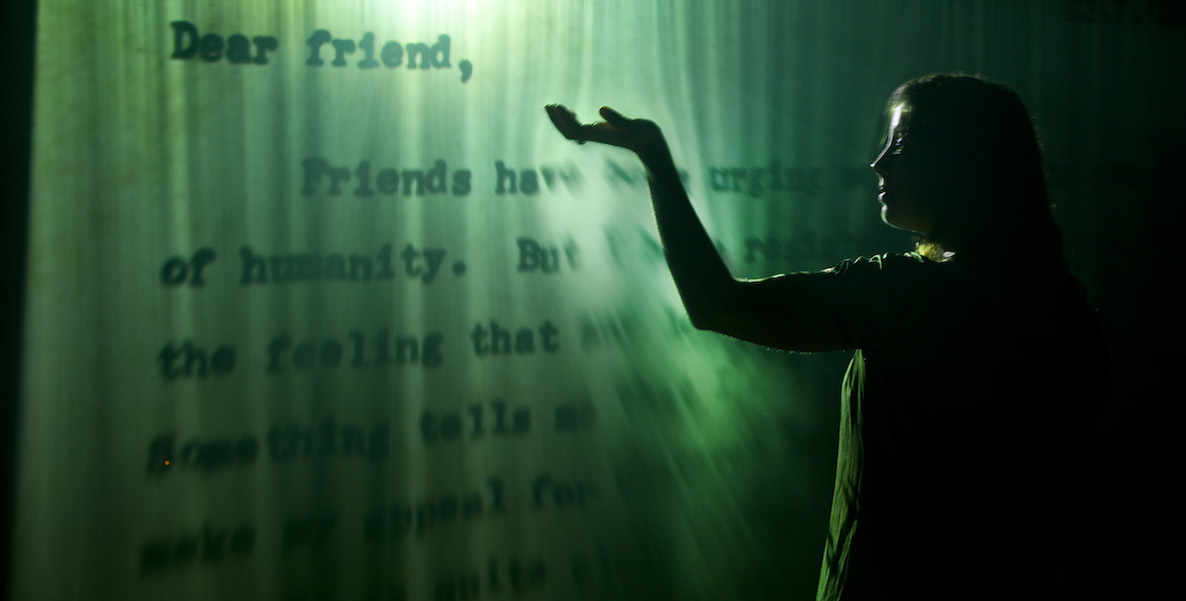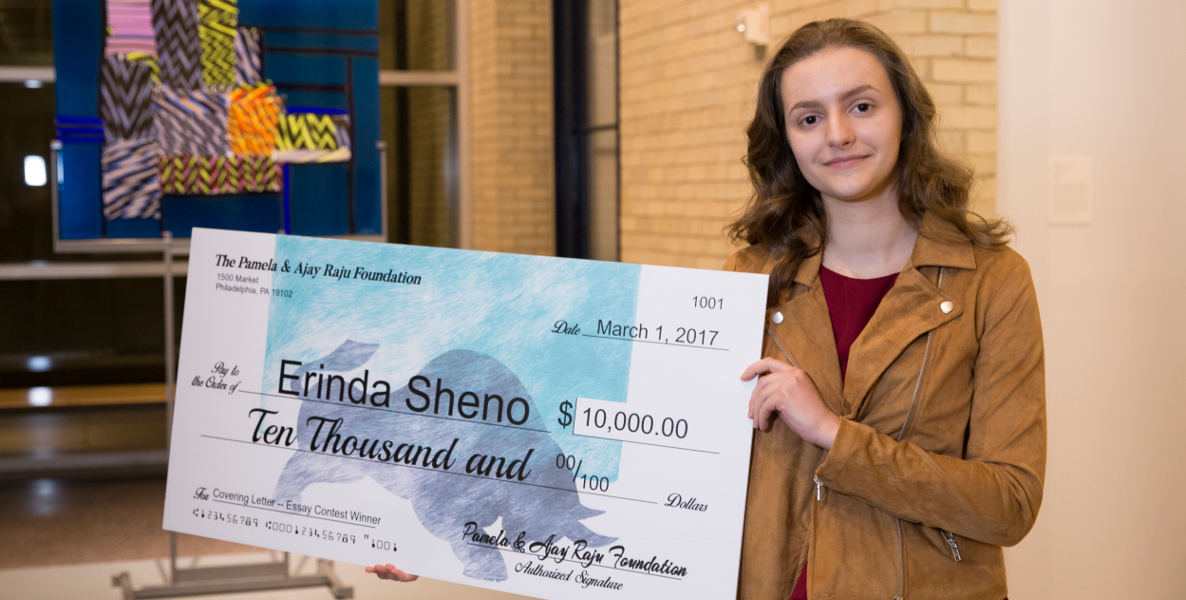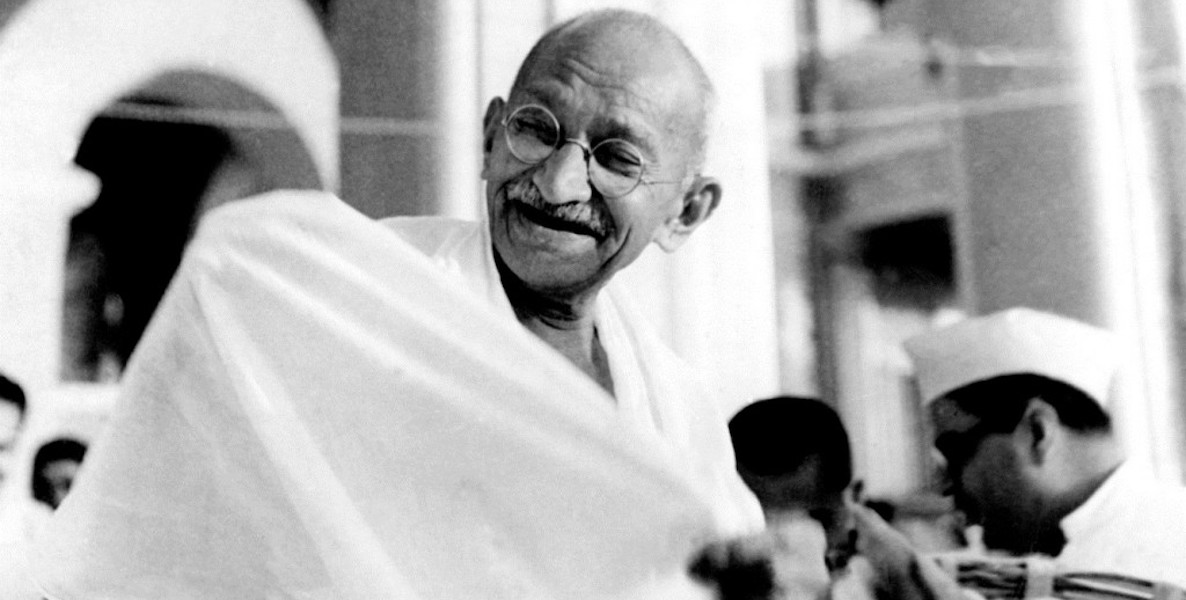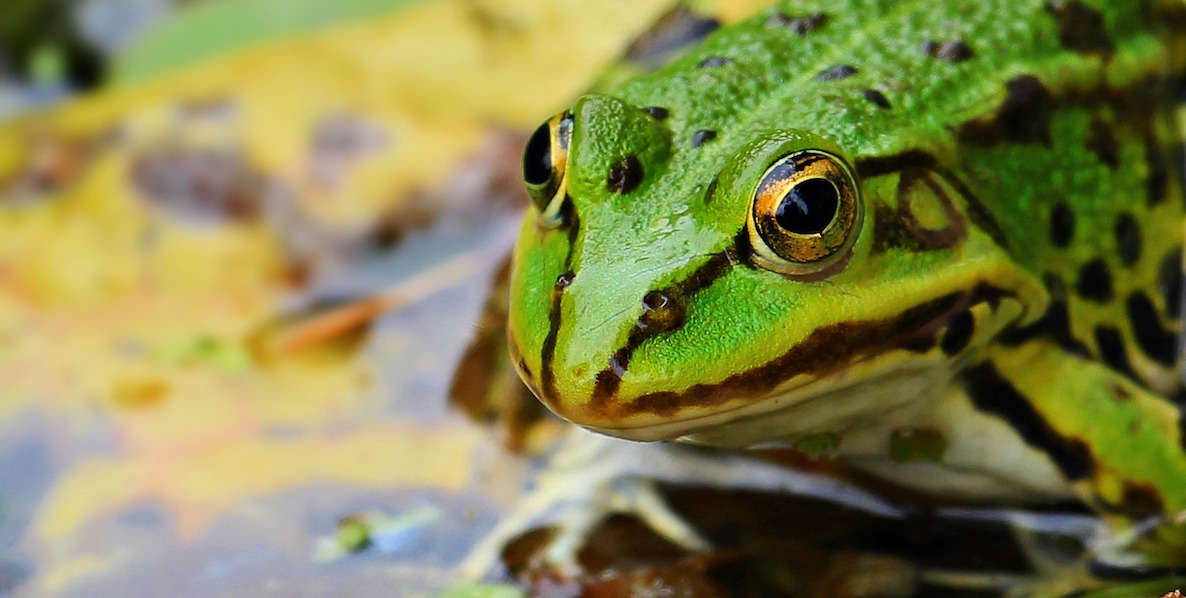If you want to understand the state of a water ecosystem, look to the frogs.
What you’ll find, sadly, is not good news. The world as we know it is undergoing what Kim Lengel, the Philadelphia Zoo’s vice president for Education and Conservation, calls a “global amphibious crisis.”
“Amphibians are disappearing at a faster rate than any other animal on the earth,“ Lengel says. “And when they start blinking out, eventually the whole system is going to break down.”
Our water, in other words, is failing us. It’s polluted; rising in some places; disappearing from others; creating havoc with not only human habitation, but also the animal world we depend upon. It is a problem of our creation—and it will continue unless we do something about it.
![]()
That’s the issue several hundred area high schoolers will consider this year, as part of the Pamela & Ajay Raju Foundation Essay Contest, in partnership with the Zoo. In their essay, due by midnight on February 25th, students are asked to identify a water challenge facing our region, with a specific focus on amphibians; and then to articulate a “realistic and innovative solution” that can be implemented. The winner of the contest will receive a $10,000 scholarship courtesy of the Foundation, and another $5,000 from the Zoo to put towards their winning idea.
“Students in this region are incredibly innovative in coming up with solutions to problems here,” says Lengel. “We hope that the amazingly-engaged youth in the region take that spirit of innovation and run with it.”
This is the second year of the Foundation’s essay contest, launched to challenge students to think about an issue of our time, both locally and globally. In 2017, the contest centered around Jitish Kallat’s Covering Letter, an art installation exhibited last year at the Philadelphia Museum of Art that features a letter Mahatma Gandhi sent to Adolf Hitler in 1939. (The Raju Foundation also donated the piece to the PMA.) That contest asked students to use Gandhi’s words as the basis for an exploration of how to seek common ground with our enemies.
![]() Over 400 students from the region submitted essays last year. The winner was Erinda Sheno, a student at The Arts Academy at Benjamin Rush, for her piece titled “Practicing Radical Hope,” which we ran in The Citizen.
Over 400 students from the region submitted essays last year. The winner was Erinda Sheno, a student at The Arts Academy at Benjamin Rush, for her piece titled “Practicing Radical Hope,” which we ran in The Citizen.
Ajay Raju, a Citizen founder and philanthropist, says the idea of partnering with the Zoo this year came out of conversations he had as co-chair of the organization’s Global Conservation Gala last fall. For this year’s contest, Raju says he wanted students to go beyond thinking—into action. “We want the students to think about how their day to day local issues are connected to larger geopolitical issues, and how they can be the solution to the problems out there,” says Raju, who is chairman and CEO of Dilworth Paxson. “If you encourage and engage our students to think about these topics, they can create solutions with fresh eyes.”
With the $5,000 project money, the winning student will be asked to enact their idea, whether in school, a local creek, their neighborhood, or their town. The essays, then, should present both a clear conception of the problem and a practical way to solve it. “We’ll be putting them to work going from abstraction to execution,” Raju notes.
![]()
But that doesn’t mean it shouldn’t be creative and ambitious. In fact, a big idea—even on a small scale—may be the only way to keep our frogs, and ourselves, from disappearing all together.
“We want people to understand there is no difference between what impacts them and impacts wildlife,” says Lengel. “Water is a visible vehicle that links us.”
The Pamela & Ajay Raju Foundation Essay Contest is open to any student under age 20 in grades 9 through 12, in the tri-state area. Essays are due February 25th, and the winner will be announced in the spring. See here for more information.






